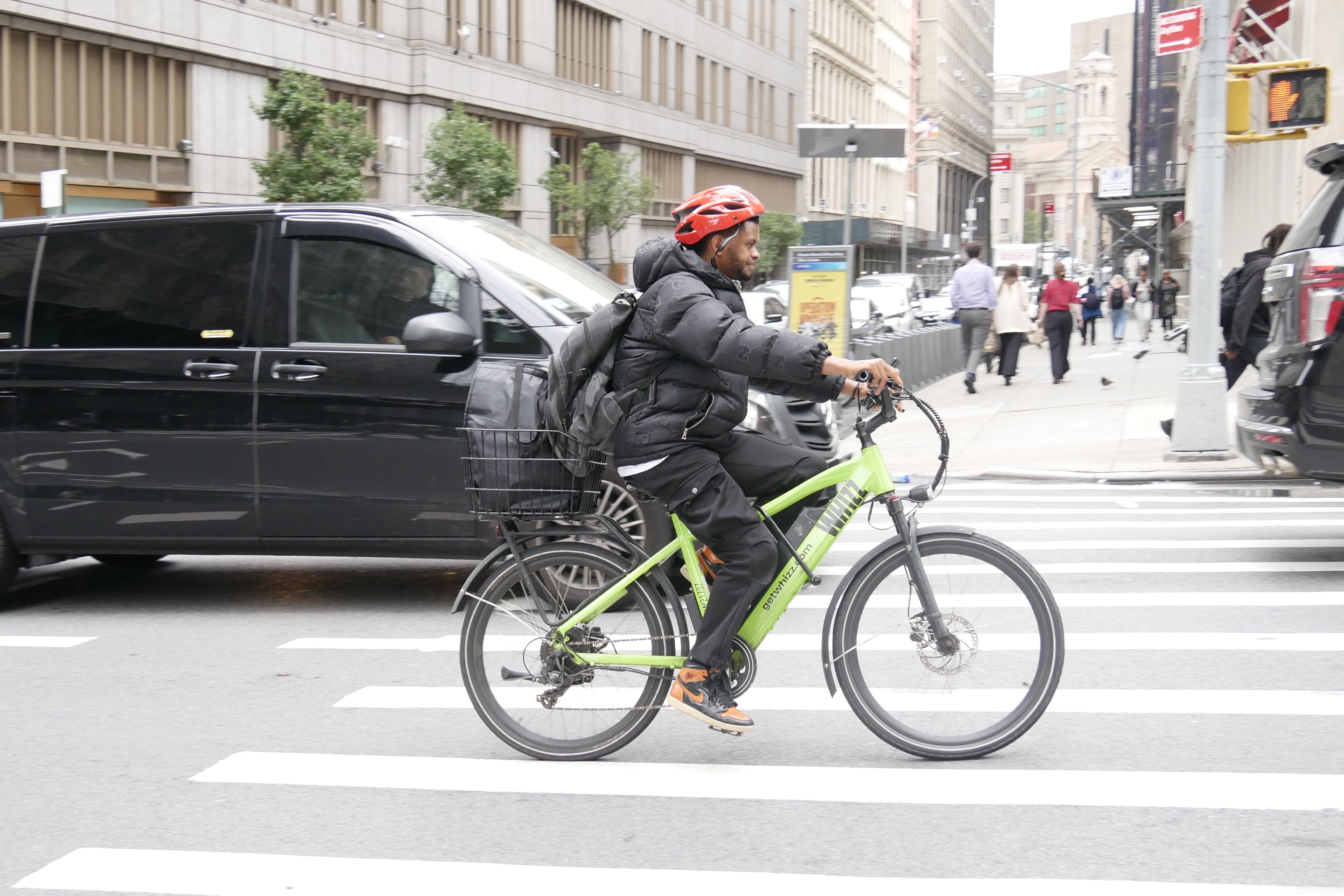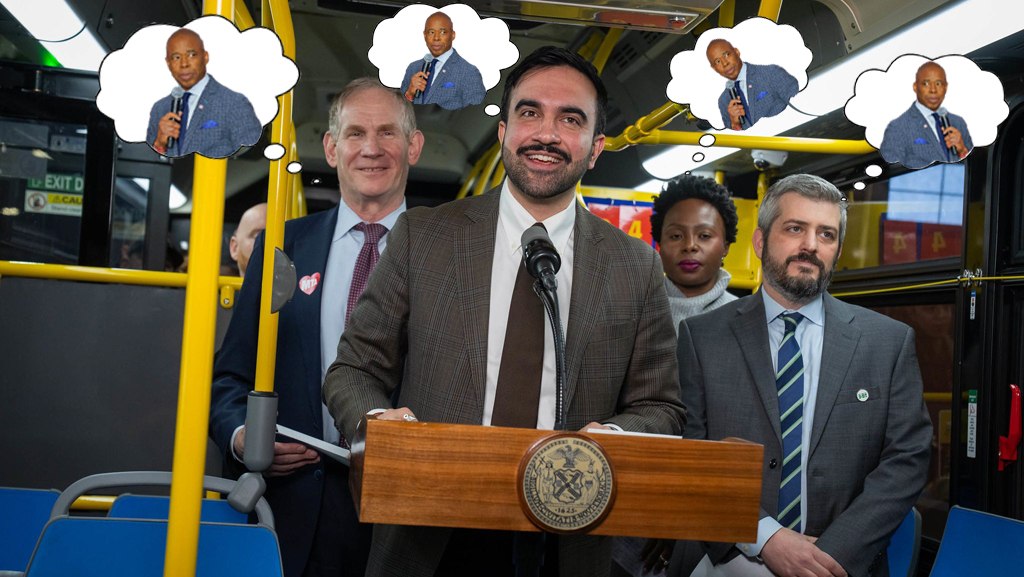Several American cities have made halting strides towards implementing bike-share systems recently, but which will be the first to launch the kind of robust network needed for public biking to go mainstream? Right now, the runaway favorite is Boston.
 In Montreal, the Bixi bike-share network is so popular that it's slated to expand ahead of schedule. Photo: Bike-sharing Blog
In Montreal, the Bixi bike-share network is so popular that it's slated to expand ahead of schedule. Photo: Bike-sharing BlogThe Globe reported yesterday that Boston's regional planning agency has awarded a contract to the same company that launched Montreal's Bixi bike-share system earlier this year. Boston planners say the system specs are still getting hashed out along with other contract details. Many questions remain unanswered, but signs are promising so far.
In a report on the Times' Green Inc blog this morning, a spokesperson for Bixi "indicated that the Boston system will initially offer 2,500 bikes at 290 stations in downtown Boston." A system of that size and density would place Boston in the ranks of cities like Barcelona and Paris, where public bikes have become a critical component of the transportation network. Officials hope to expand the Boston system to neighboring Cambridge, Brookline, and Somerville soon after it launches.
It's also worth noting that Boston Mayor Thomas Menino, running for re-election this fall, is not distancing himself from the city's bike-share plan. In fact, he's embracing it. "I think Boston is the perfect venue to roll out a forward-thinking bike share program," he said in a press statement released yesterday. "Boston is a world class city, and over the last two years we have made tremendous strides in turning it into a world class bicycling city."
A big part of Bixi's attraction is that it's solar-powered, requiring no electrical wiring or underground utility work. In addition to Boston, London also announced yesterday that it will use the Bixi system for an ambitious bike-share network: 6,000 bikes at 400 locations.
Stations that can be installed without a jackhammer are probably a prerequisite for bike-share operations in New York, where streetwork can turn into an expensive, bureaucratic tangle. DOT released a request for expressions of interest from potential bike-share operators last fall, and a study published by the Department of City Planning this spring recommended that New York start its network with 10,000 bikes.





